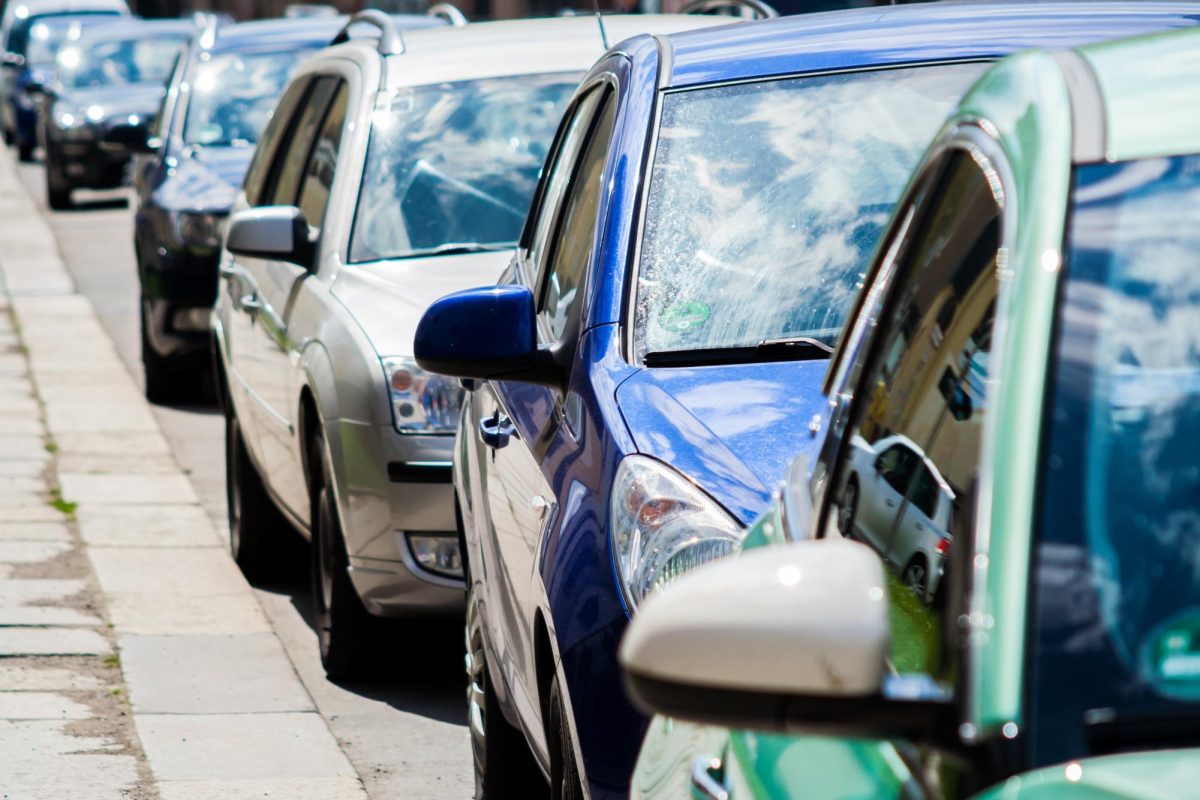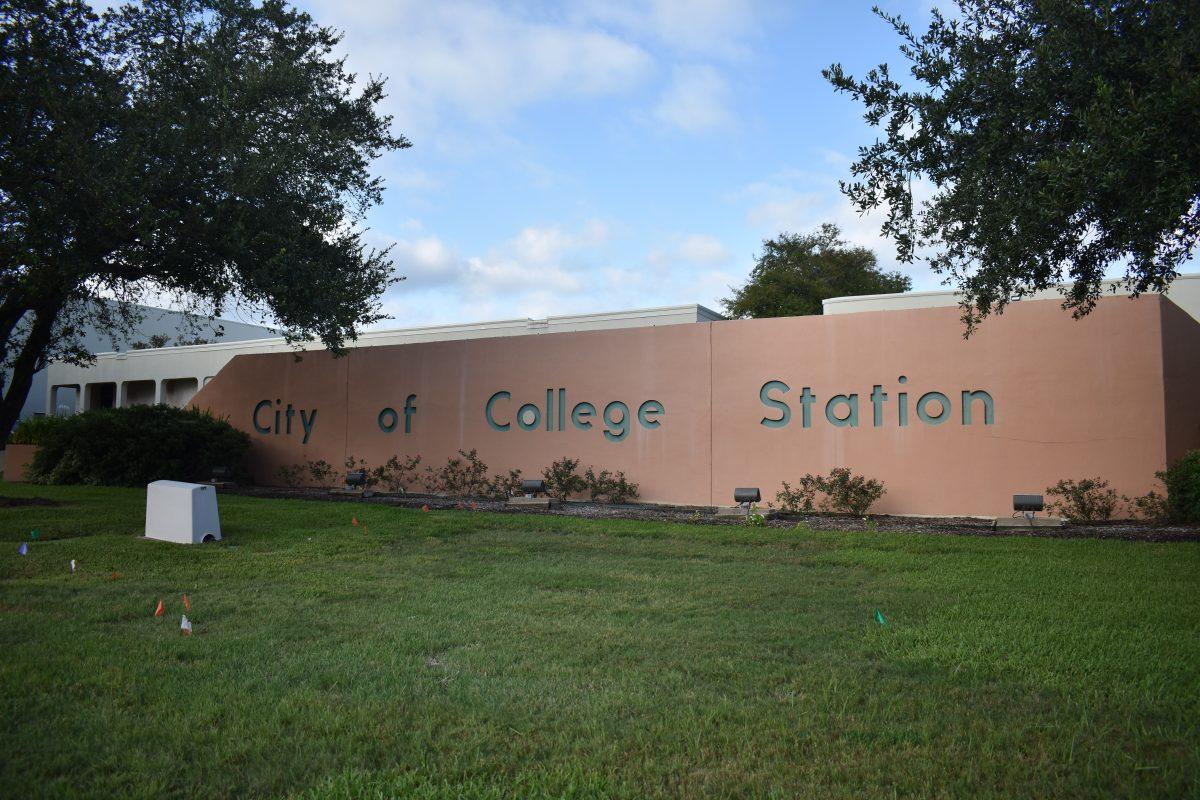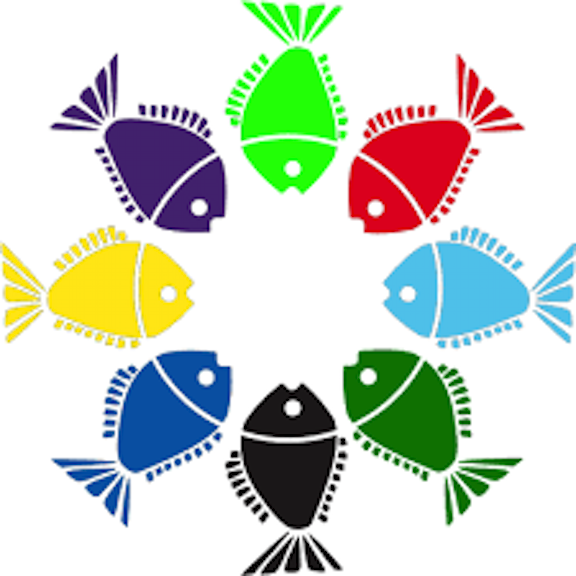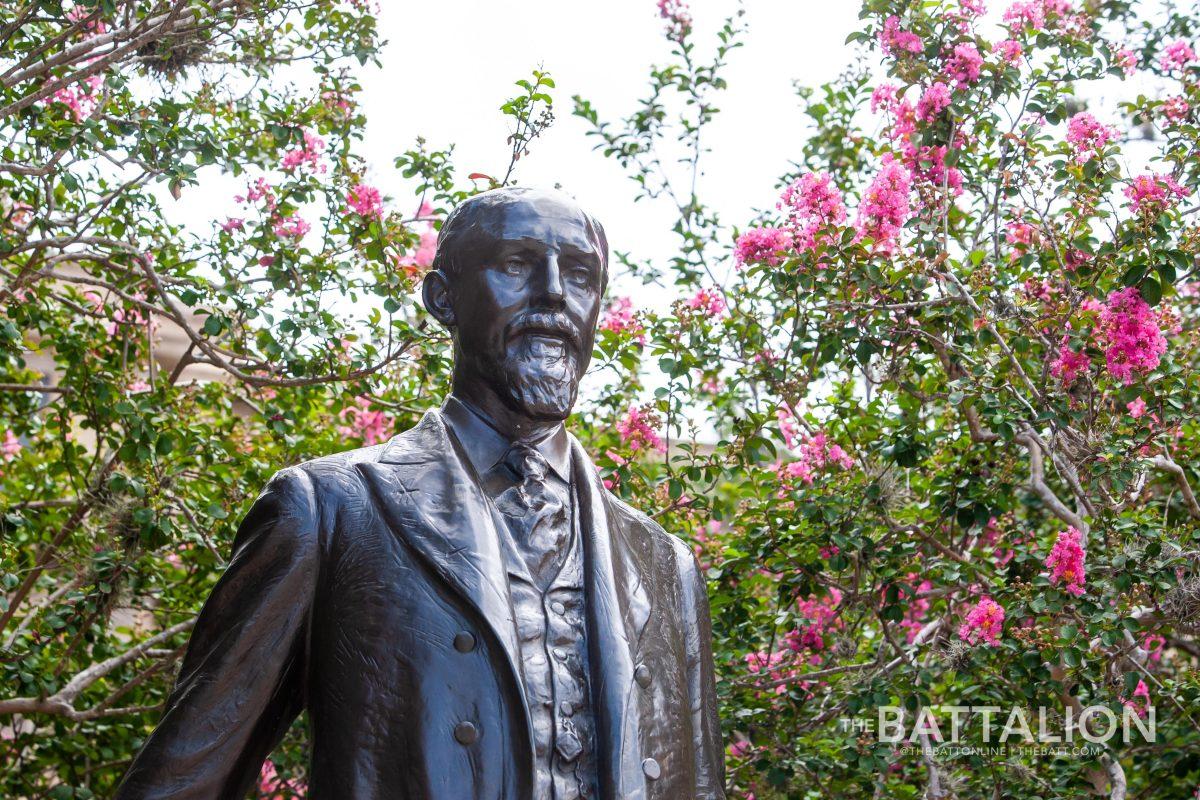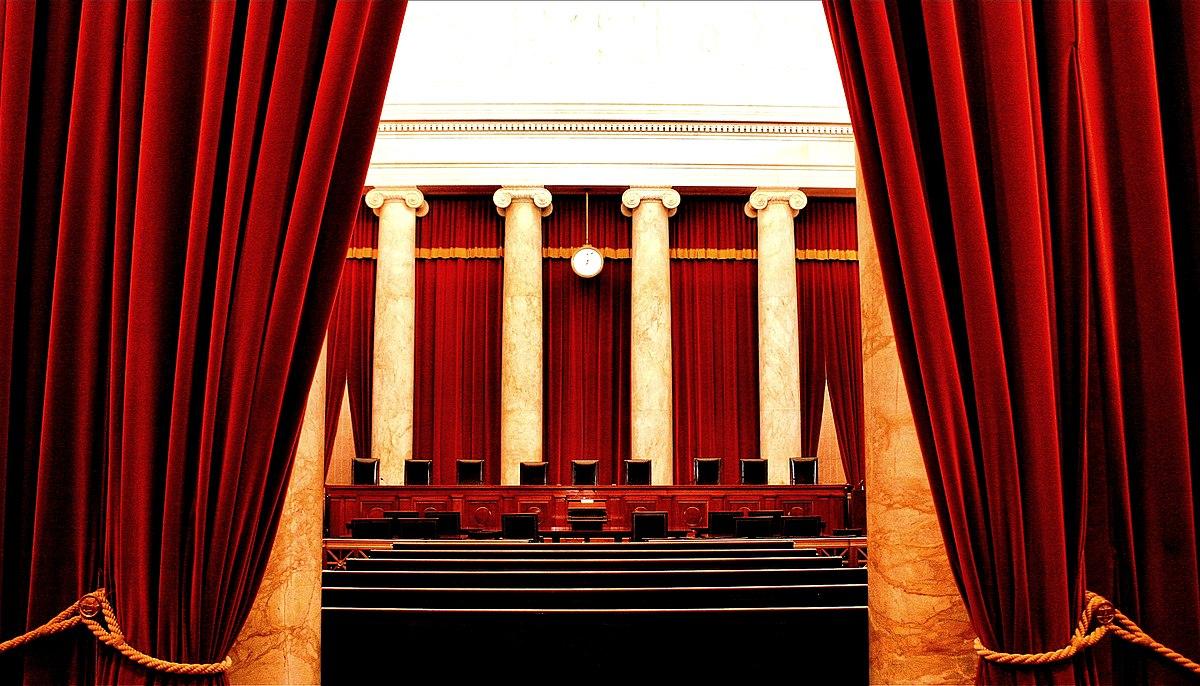Skimming the 1,400+ comments about Houston Pride on A&M’s Instagram, I recalled Hiroko Kaizuka’s last words from the apocalyptic manga Naru Taru: “You can’t save everybody with kindness.”
I teach first-year composition at A&M. I am a queer rhetorician. My job is to understand the power—and limits—of education, dialogue, and storytelling. Audre Lorde’s essay “The Uses of Anger” is one of my favorites. Thus, I won’t tone police other queers; their vitriol responding to hate is justifiable, cathartic, and necessary for progress.
I cannot tell other queers’ stories, I cannot be anyone but myself, and I cannot persuade people who refuse to listen. I doubt being civil, likable, and respectable will guarantee the protection of my rights, but it’s worth a shot. Here’s my story, which—I hope—will demonstrate why pride matters to me.
In middle school, my teachers understandably thought I was a troublemaker. Somedays, I did not bring books to class. I didn’t hand in homework. I didn’t speak when called on.
This is partly because bullies stood in front of my locker. They put notes in there similar to some of the comments on A&M’s Instagram. “Leave school.” “Drop dead.” “Faggot.” “No one likes you.” “You have AIDS.” “Praying for you.” (Those are from middle school; my favorite Instagram comment was “Burn it down! Burn it down!” My second favorite likened drag to mental illness.)
Anyway, my voice was effeminate. I stopped talking in middle school because some of my classmates would giggle or make faces when I spoke. I pleaded the fifth when popular girls and guys jokingly asked me out.
The bullying culminated in a sexual assault before PE. Bystanders, some of my classmates turned their heads, saying nothing. I too said nothing until college. I did, however, self-mutilate and fear physical contact. I was suicidal, depressed, traumatized, and ashamed. The one person I told was God, who—despite my daily orisons—kept me gay.
I stayed in the closet because I thought being out would make me less safe and more miserable. Perhaps, I was right. This was before marriage equality, before I had queer friends or role models. Now, thanking Instagram, I wonder how many Aggies would have cheered on my sexual assault.
Honestly, I consider myself lucky. I never underwent conversion therapy. My parents never disowned me. I was assaulted only once. If I had more space, I would list the statistics on LGBTQ youth. Spoiler: I’m lucky.
So, pride—I don’t want to oversell it. There’s something to be said about its commercialization and how privileged queers need to make pride more accessible, inclusive, and intersectional.
But there are mental health resources. There are booths about consent and safe sex. You can write letters; register to vote; aid progressive causes; and learn about queer history, art, and spirituality. Wear what you want, hold hands, kiss, socialize, take pictures, speak.
I don’t know whether pride can save everyone, but it saved someone.
Letter to the Editor: Have I humanized myself adequately?
July 6, 2018
0
Donate to The Battalion
$2790
$5000
Contributed
Our Goal
Your donation will support the student journalists of Texas A&M University - College Station. Your contribution will allow us to purchase equipment and cover our annual website hosting costs, in addition to paying freelance staffers for their work, travel costs for coverage and more!
More to Discover




